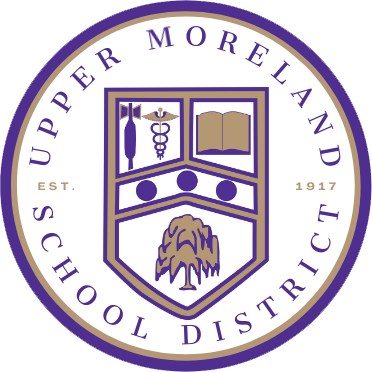Advanced Placement Psychology
Planned Course for Social Studies
Course: Advanced Placement Psychology
Standards:
NCSS 1: A, B, E - Culture
NCSS 2: D - Time, Continuity, and Change
NCSS 3: A, B, C, D, F, G, H, I - People, Places, and Environments
NCSS 5: D, F, G, H - Individuals, Groups, and Institutions
NCSS 9: B - Global Connections
Standards: National Standards for Psychology
Perspectives in Psychological Science
Research Methods, Measurement, and Statistics
Biological Bases of Behavior
Sensation and Perception
Consciousness
Life Span Development
Learning
Language Development
Social Interactions
Sociocultural Diversity
Memory, Thinking, and Intelligence
Motivation and Emotion
Personality
Psychological Disorders and Treatment
Stress and Health
Vocational Applications
Course Description:
The Advanced Placement course in Psychology is designed to introduce students to the systematic and scientific study of behavior and mental processes of human beings and other animals. The course content reflects a rigorous college introductory course covering a broad range of topics in psychology as well as specific research methods and ethical principles psychologists use in their science and practice. Students will be involved in original research using naturalistic observation, experimentation, interview, or survey by random sampling. The course is designed to develop students’ analytical and interpretive skills with college level readings, research simulations, and collaborative projects. The course will also emphasize study skills, test-taking strategies, and writing practice to prepare for the Advanced Placement exam offered in May.
Prerequisite: Students who wish to move from a Core Social Studies College Preparatory course to AP Psychology must earn a final grade of 90% or higher and teacher recommendation from Core Social Studies Course. Students who wish to move from a Core Social Studies Honors Course must earn a final grade of 85% or higher and teacher recommendation from Core Social Studies Course.
Specific and measurable objectives directly related to the academic standards to be achieved by the students:
The specific objectives for this course are delineated in the Upper Moreland Township School District Social Studies Scope and Sequence based on the standards set forth in Expectations of Excellence: Curriculum Standards for Social Studies published by the National Council For The Social Studies (NCSS). Specific objectives are also listed in the corresponding AP Psychology Course Description. Also, specific objectives are listed in the National Standards for Psychology.
Content to be used to reach objectives:
In order to provide a meaningful social studies education that encourages active and differentiated learning a variety of instructional strategies, activities, and materials will be utilized.
Materials:
Weiten, W. (2017). Psychology: Themes and Variations, AP® Version. 10th ed. Boston: Cengage.
Supplemental reading & media materials.
Web based resources
Artifacts
Instructional Activities: In order to achieve the stated goals the following best practice strategies will be utilized:
opportunities to investigate topics in depth
opportunities to exercise choice and responsibility by choosing topics of inquiry
the exploration of open-ended questions that challenge thinking
active participation
modeling, scaffolding
Big6 research techniques
independent inquiry and cooperative learning
observing, discussing, and debating topics and issues
the use of written materials, primary and secondary source documents
audio-visual presentations
use of artifacts
effective use of technology to develop reading and writing to learn skills
Estimated Instructional time to be devoted to achieving objectives:
Approximately 86 minutes per day, on an alternating block schedule
Procedure for measurement of student progress on the stated objectives:
A variety of assessments will be used to measure student progress. These include: classroom discussions/participation
Before, During, and After (B/D/A) activities
Written or oral analysis of debates within the discipline
Entrance and Exit slips
Homework
Independent research
Individual and group projects with performance based rubrics
Journals
Objective tests and quizzes
Subjective tests and quizzes
Oral presentations with accompanying rubrics
Quick write activities
Hands-on simulations and demonstrations
An explanation of how student grades will be determined:A student’s grade will be determined through a variety of assessments per marking period. All assessments will be designed to support students in preparing for the Advanced Placement exam, by emphasizing both content and analytical thinking. However, in keeping with the idea that students learn in a variety of ways, these assessments will differ in structure and format to provide opportunities for students to demonstrate their learning through tests, quizzes, projects, presentations, writing assignments, and discussion groups.
